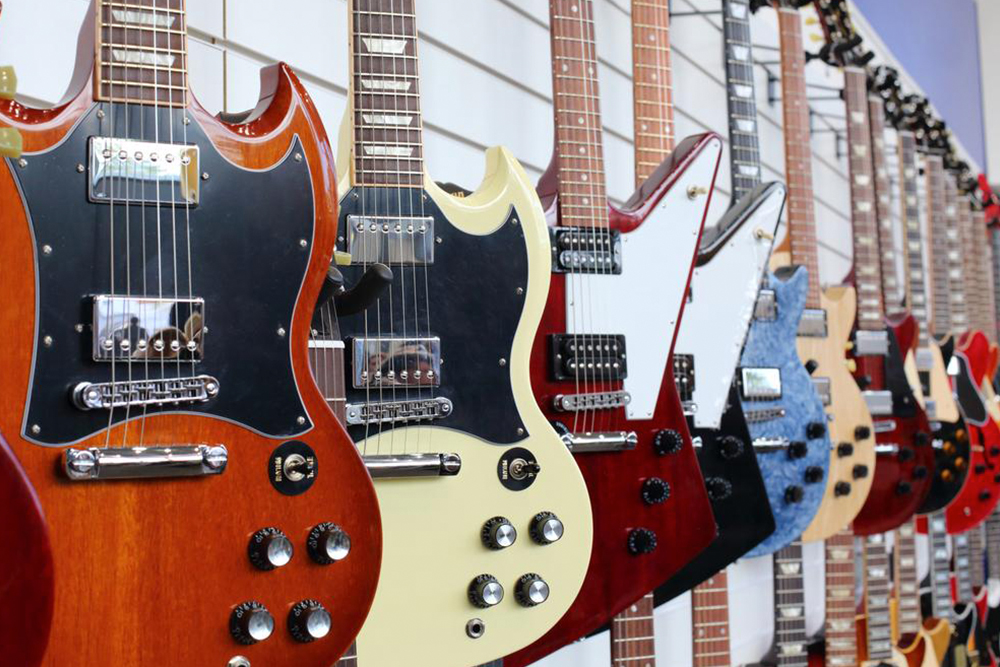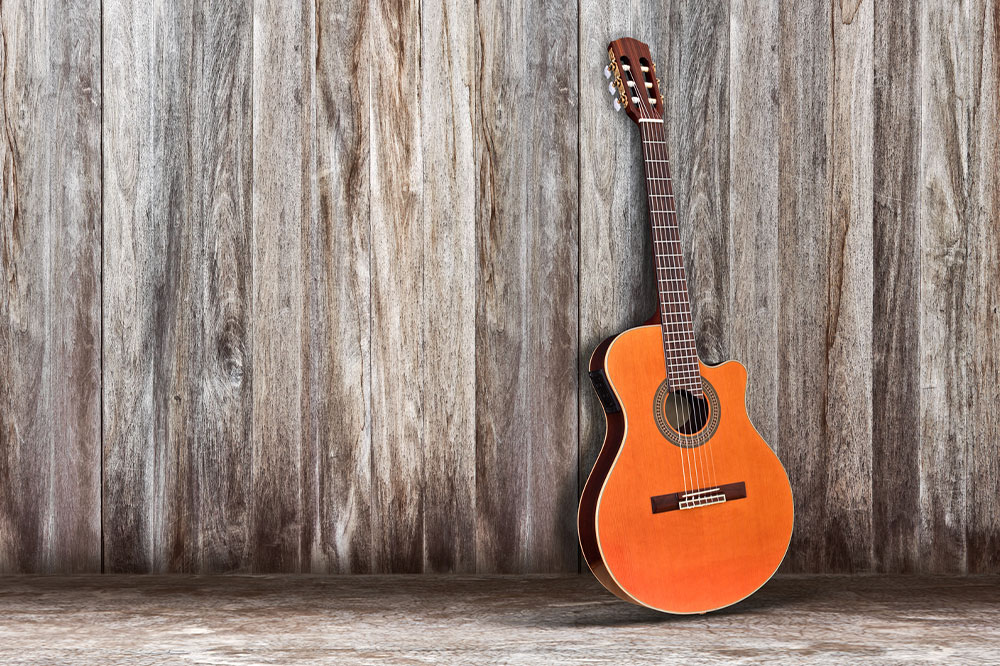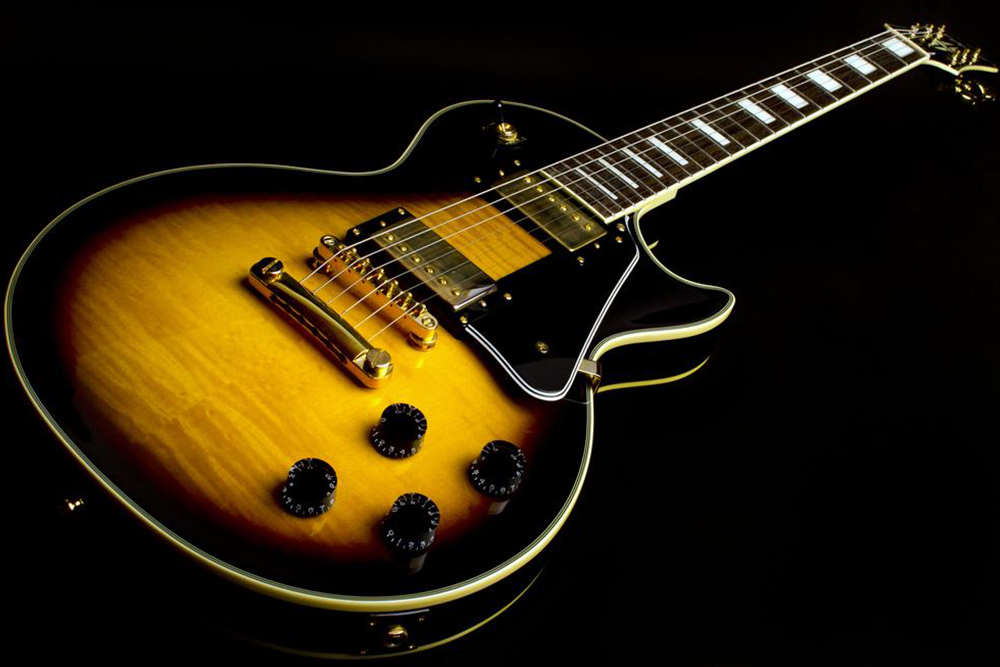The Ultimate Beginner's Guide to Choosing the Right Guitar
Embark on your musical journey with our comprehensive guide to selecting the perfect guitar for beginners. Learn about acoustic, electric, and bass guitars, their benefits, and how to choose based on your musical interests and needs. Discover tips for beginners to start playing confidently and find the instrument that will inspire your musical growth. Whether you're into classical, rock, or rhythm support, this guide helps you make an informed decision to kickstart your guitar playing adventure.

The Ultimate Beginner's Guide to Choosing the Right Guitar
Starting your musical adventure can be both exciting and overwhelming, especially when faced with a wide array of guitar options. For newcomers, selecting the best guitar to learn on is a crucial first step that sets the foundation for your musical growth. The guitar remains one of the most popular and versatile instruments globally, offering endless creative possibilities. Whether you're drawn to its passionate sound, energetic vibe, or popularity across genres, choosing the right guitar can make your learning process more enjoyable and rewarding.
Many aspiring musicians opt for the guitar as their first instrument because it combines simplicity with complexity—a perfect balance for beginners. The guitar's capability to produce a broad spectrum of sounds, from mellow melodies to powerful riffs, makes it an ideal choice for beginners exploring different musical styles. As you consider picking up the instrument, you'll encounter terms like 'acoustic' and 'electric,' which refer to the primary types of guitars available. Understanding these differences can significantly influence your learning experience and musical direction.
Acoustic guitars are an excellent starting point for beginners due to their natural sound and straightforward design. They produce music through the vibration of their wooden bodies, which amplifies the sound acoustically without the need for electronic equipment, making them portable and easy to use. However, for those new to guitar playing, acoustic models can be slightly challenging initially because of their thicker strings and larger body size, which might require more finger strength and coordination early on. Still, many beginners prefer starting with acoustic guitars because they provide a solid foundation in basic playing techniques and musical understanding.
Broadly classified into two main types—steel-string and nylon-string guitars—each offers unique benefits. Steel-string acoustic guitars are the most common and are known for their brightness and volume, making them suitable for a variety of musical genres including folk, country, and pop. Nylon-string guitars, often called classical guitars, feature softer strings that are gentler on the fingertips and are ideal for classical, flamenco, or fingerstyle playing. They help beginners develop proper finger placement and technique without too much finger fatigue.
Choosing the right guitar depends on your musical goals and personal preferences. If you prefer a softer, mellow sound, or are interested in classical music, a nylon-string guitar might be the perfect start. Conversely, if you envision playing lively folk tunes, country riffs, or pop songs, a steel-string acoustic guitar is likely the better choice. Remember, owning an acoustic guitar initially provides a versatile platform that prepares you for future musical exploration.
Electric guitars represent another popular category, especially for enthusiasts inclined toward genres like rock, metal, blues, R&B, or grunge. Unlike acoustic guitars, electric guitars produce sound through magnetic pickups that convert string vibrations into electrical signals, which are then amplified through speakers. They are generally lighter in weight, feature a smaller body, and have slimmer necks, making them easier to handle—especially for players with smaller hands or less finger strength.
For beginners interested in electrifying music styles, starting with an electric guitar can be both inspiring and practical. They often include built-in effects and tone controls, allowing beginners to experiment with different sounds without additional equipment. However, an electric guitar usually requires an amplifier, which adds to the initial cost, and some may find it more complex to learn due to the need for additional gear.
If you love genres like heavy metal, hard rock, or electric blues, an electric guitar provides the necessary sound for those styles. Moreover, electric guitars often have narrow necks and lighter strings, reducing finger fatigue during extended practice sessions. Although more expensive initially, electric guitars can be a rewarding choice for those committed to mastering modern, amplified musical styles.
Many beginners believe starting with an electric might be easier because of its playability and the ability to craft various sounds with effects pedals. At the same time, learning on an acoustic guitar does offer benefits—improving fundamental skills like finger strength, strumming, and chord transitions—making it a valuable first instrument. Ultimately, your decision should align with your musical interests and long-term goals.
Beyond these primary options, exploring bass guitars can add another dimension to your musical skills. Bass guitars are typically four-stringed instruments that sound an octave lower than regular guitars, providing the rhythmic backbone and harmonic foundation in bands. Playing bass requires a different approach, focusing more on rhythm and timing, but it can be equally fulfilling—even for beginners with little prior experience. If you find yourself passionate about supporting roles in bands or enjoy rhythmic patterns, learning bass can be an exciting and rewarding pursuit.
Starting with the basics, many bass guitars are designed to be user-friendly for beginners, with simple setups and manageable sizes. While the four-string bass is most common, five- or six-string models are also available for more advanced players seeking greater range. Enthusiasts often find that once they grasp the fundamentals of bass playing, it enhances their overall understanding of music theory and harmony, making them more versatile musicians.
As you progress in your musical journey, you'll encounter a variety of specialized guitars such as semi-acoustic, archtop, twelve-string, resonator, or even double-neck guitars. Each comes with unique features, sound qualities, and playability, offering expanding possibilities for your musical expression. Starting with just one instrument helps clarify your preferences and lays the groundwork for exploring these more complex types in the future.
In conclusion, selecting the perfect guitar as a beginner involves considering your musical interests, comfort, and future aspirations. Whether you choose an acoustic, electric, or bass guitar, what's most important is your passion and willingness to practice regularly. Owning the right instrument not only makes learning more enjoyable but also fosters confidence as you develop your skills. Remember, every professional musician started with a simple guitar, and your journey can lead to endless musical adventures with the right choice.
So, take the time to explore different models, seek advice from experienced players or experts, and try out various instruments if possible. The best guitar for a beginner is one that inspires you to pick it up every day and make your musical dreams come true.




